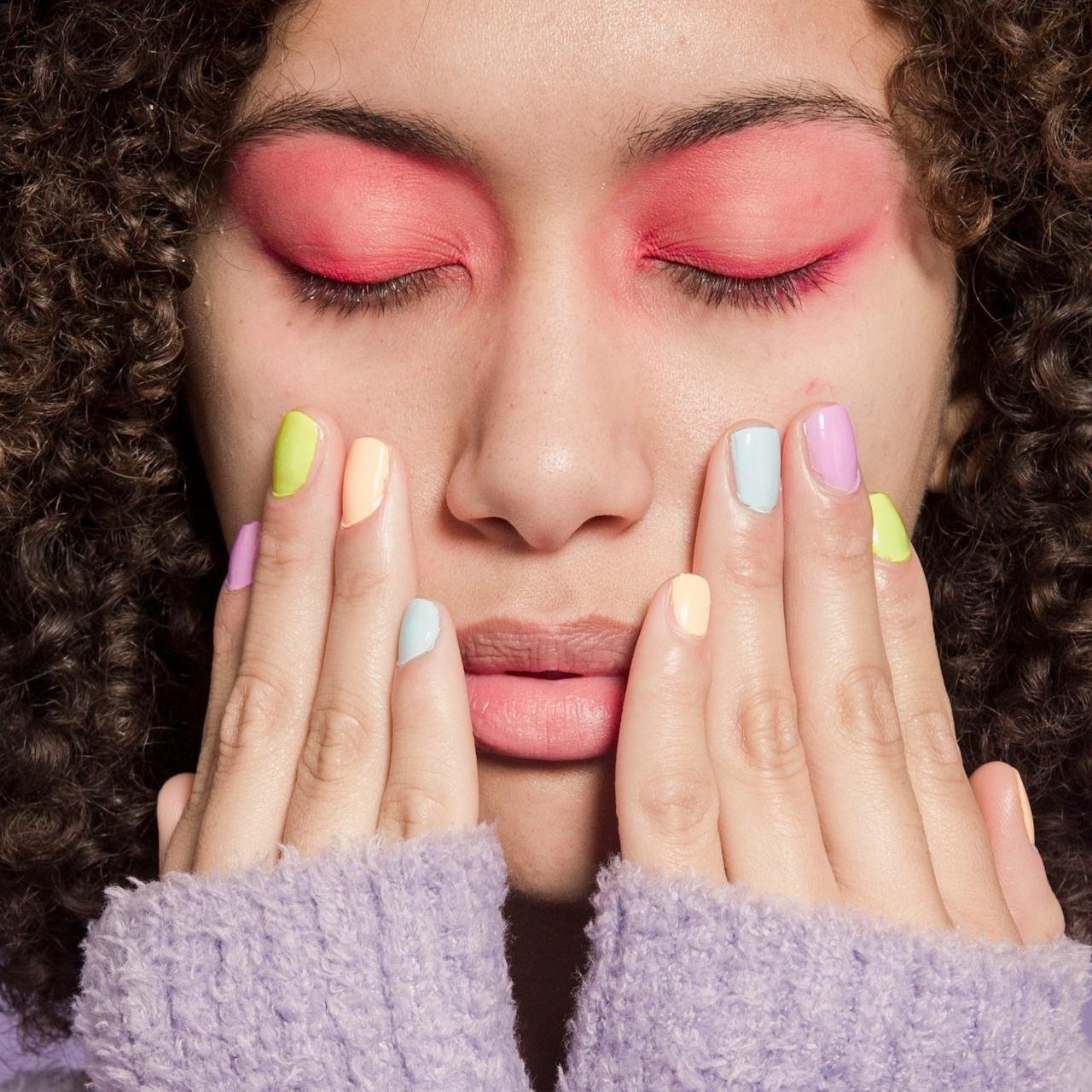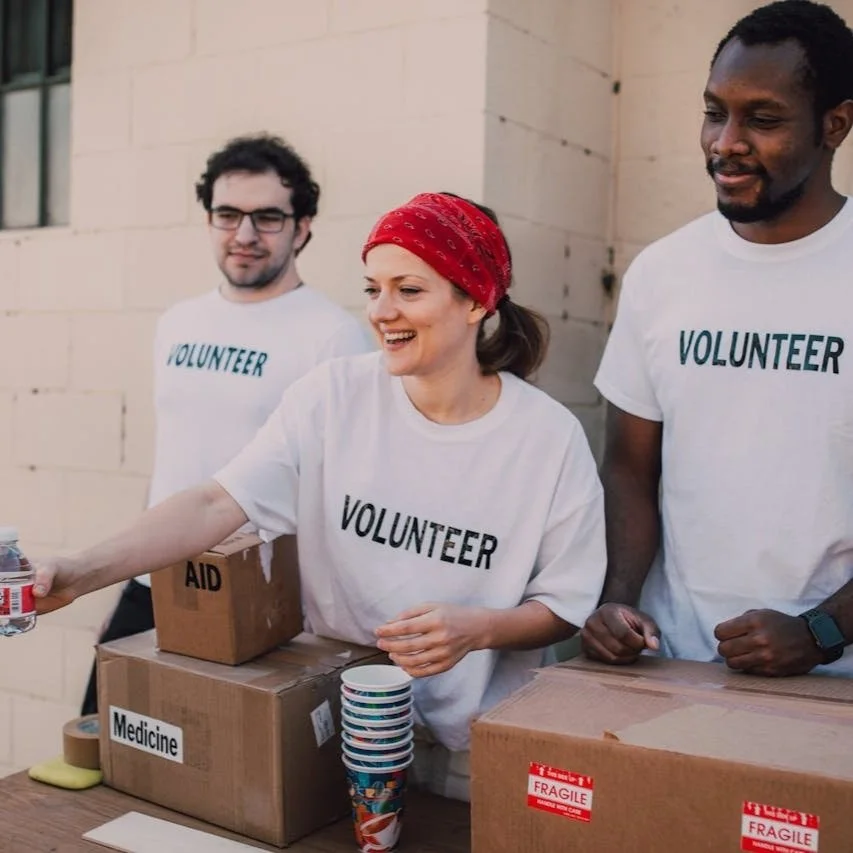Improving Lesbian Mental Health: Overcoming Cultural Challenges
Taking care of your mental health is a deeply personal journey, and for lesbian women, this path can be particularly challenging. Handling mental health difficulties like internalized homophobia, misogyny, discrimination, and violence, lesbians face higher rates of depression, anxiety, and social stress. Despite these challenges, there is hope and support available to build resilience and foster better mental well-being. Support networks, visibility, and therapy with a lesbian therapist can be transformative.
Challenges In Lesbian Mental Health
Lesbian women deal with their own unique set of mental health difficulties that can't be ignored. These include internalized homophobia and misogyny that lead to depression, anxiety and substance use.
Depression in Lesbians
Feeling depressed can be very tough for many lesbians. Lesbians feel more depression and sadness compared to straight women. About 37% of lesbians have felt depressed, compared to 17% of straight women. Discrimination, stigmatization, and minority stress can make lesbians more depressed. Lesbians who face rejection from their families or social circles are eight times more likely to feel sad. Transgender lesbians and lesbians of color experience even more depression.
Anxiety in Lesbians
46% of lesbians feel anxious at some point in their lives. This is much more than the 31% of the general population. It's often because of worries about discrimination, harassment, and violance. Transgender lesbians, or those with multiple intersection identities, feel even more anxious.
Substance Use
About 24% of lesbians drink too much or use in excess. That's more than twice the rate among straight women. The social and emotional challenges that lesbians deal with, such as hiding their sexual orientation or dealing with discrimination, make this worse. Not getting healthcare that affirms LGBTQ+ people's experiences and needs can make this problem worse.
Why Lesbians Have Poor Mental Health
There are many reasons for poor mental health in lesbians. Here are some of the common ones.
The Impact of Internalized Homophobia on Lesbian Mental Health
Internalized homophobia can deeply affect the mental health of lesbians. It stems from prejudice and stereotypes that portray people who aren't straight as abnormal or wrong. Lesbians who internalize these negative beliefs may struggle with self-acceptance. This creates feelings of shame, guilt, and self-rejection. This self-directed negativity can contribute to high levels of stress, anxiety, and depression. Overcoming internalized homophobia is one of the biggest ways to improve lesbian mental health. It involves challenging these negative beliefs, seeking supportive communities, and fostering greater self-acceptance and well-being.
The Impact of Misogyny on Lesbian Mental Health
Misogyny is the devaluation and discrimination against women. Lesbians not only experience prejudice based on their sexual orientation, but also bear the brunt of gender-based bias. This results in a unique set of challenges. Misogyny can lead to feelings of invisibility, insignificance, and self-doubt, compounding with internalized homophobia. These experiences can negatively impact self-esteem and mental well-being. Recognizing and challenging misogyny in all its forms is crucial for lesbians mental health. Creating a more inclusive and equitable society that values all women is the single greatest thing we could do for mental health worldwide.
Discrimination Against Lesbians
Discrimination is a big reason for lesbians' mental health problems. It doesn't matter if it happens at home, at work, or in social situations - discrimination can make people feel lonely, worried, and sad. Even if you have supportive workplaces and loved ones, you can still feel judged and not treated the same.
Violence Against Lesbians
Violence is another problem that impacts lesbians mental health. Lesbians are more likely to be victims of violence compared to straight people. Hate crimes against LGBTQ+ people, including lesbians, are a big concern. The FBI said that about 20% of hate crimes in 2019 were because of someone's sexual orientation. Violence can be worse for transgender lesbians because they have to deal with more problems because of their gender identity and sexual orientation. They often have a higher risk of being treated badly and violence. This can make their mental health very bad.
Violence at Home for Lesbians
Research says that lesbians may have a higher risk of violence from their partners compared to straight people. 1 in 4 lesbian women have been hurt by their partners.
Lack of Support for Lesbians
A lot of lesbians are rejected by their families . About 40% of young homeless people in the United States are LGBTQ+. They often don't have a place to live because their families don't accept them or abuse them. Lesbians who have families that don't accept them are eight times more likely to feel depressed. They also use drugs at higher rates and are more suicidal.
Lack of Lesbian Political Representation
Even though things are getting better, lesbians are not in politics as much as they should be. Right now, there is no openly lesbian U.S. governor. And there are only a few lesbian leaders in other governments around the world.
Healthcare Problems for Lesbians
Lesbians can't always get the healthcare they need. Even if they can access care, it's not usually affirmative. Research shows that 15-20% of lesbians don't go to the doctor because they don't want to be treated badly. Lesbians are also less likely to get checked for breast cancer.
Problems at Work For Lesbians
Being treated poorly at work can make people feel depressed and axious. Lesbian women can get treated differently because of their sexual orientation at work. In the United States, 21% of LGBTQ+ workers said they experience discrimination at work, which makes them feel stressed and anxious.
Lack Of Lesbian Media Representation
Lesbian women often don't see themselves on TV or in movies, or they are not shown positively. Even though gay men are in a lot of TV shows and movies, lesbians still aren't represented often. When you don't see yourself in the world, it's hard to believe that your experiences and who you are matter. What's even worse is that a lot of lesbian characters in TV shows and movies are killed. When you see this all the time, it's hard to have hope.
How to Protect Lesbian Mental Health
Get Support From People You Trust
Studies show that lesbians who have friends and family who support them are less likely to feel sad and worried. When you feel like your family accepts you, you're less likely to have mental health problems. If you don't have these people in your life yet, consider attending a support group or going to a book club, knitting group, or exercise club for queer women. If there aren't any locally, join a virtual group. Groups can have a profound positive impact on our well-being. Patients for physical illnesses do better when they are in community with others going through similar illness. The same is true of mental health.
See More Lesbians in the World
When you see lesbians on TV or in politics, it can help you feel better about yourself and your mental health. When lesbians are more visible in society, it can help you feel like your experiences are real and that you matter. Support creators and shows and public figures who are offering positive representation.
Lesbian Therapy
One of the best things you can do is to talk to a therapist. They can help you talk about your problems, find ways to feel better, and get better mental health. It's even better when that therapist shares your identity. You can read about the positive impact of working with a lesbian therapist here.
Lesbian Therapy: A Way to a Better Life
If you're a lesbian and you're having a hard time with your mental health, therapy can help. Even if your mental health is okay and you want some extra support, therapy is great for that too. Studies show that therapy works to alleviate depression and anxiety. It also helps to sort through complicated feelings and relationships. This includes dealing with the hard parts of being a lesbian in a world that doesn't always accept or understand you.
Therapists who know how to work with lesbian and LGBTQ+ people can be a big help in making your life better. Therapy is a way to take action and make your life better. Whether you're feeling sad or worried, dealing with prejudice, or just want a safe place to talk about your feelings, a therapist can be a big help on your journey.
Protecting Lesbian Mental Health
As you think about getting therapy or looking for other ways to get support, remember that you're not alone. There are people who are ready to help you feel better. We can make a world where everyone feels like they belong, are seen, and get support to make their mental health better.
Being a lesbian is a beautiful thing. By talking about the tough times and showing where our strength comes from, we can make a world that's more open and kind. In this world, everyone, no matter who they are, will feel like they're seen, heard, and supported to have better mental health.
Lesbian Therapy In California & Florida
If you’d like support from a lesbian therapist, book a consultation today. Our lesbian-identified therapists look forward to working with you.




















